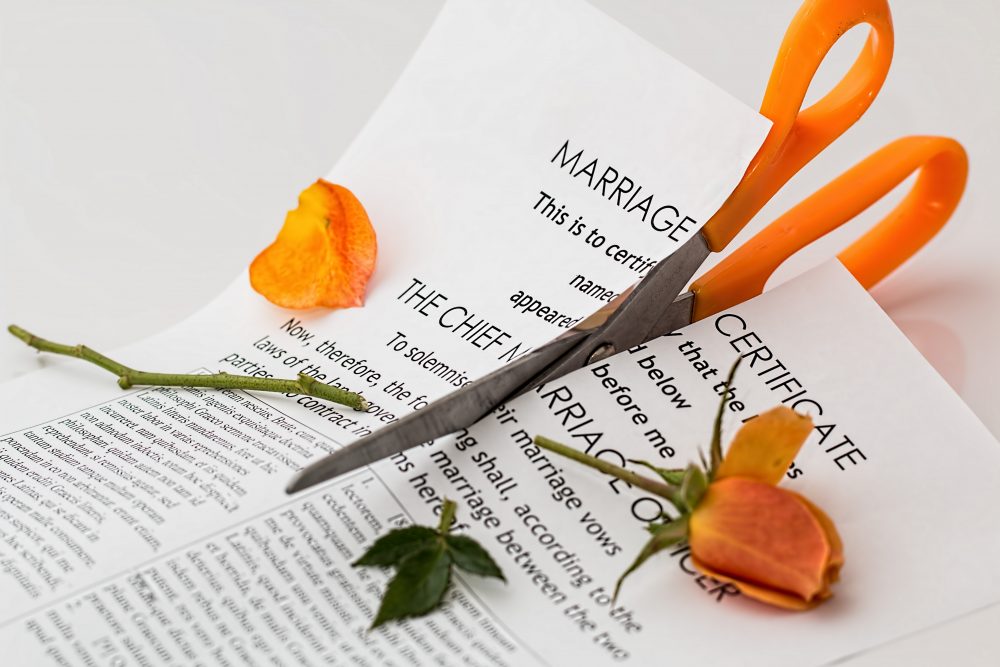Family law – entitlements to assets after separation or divorce
 Separating from your partner or spouse can be a very difficult time. Often, when you are finally ready to see a lawyer, time may have passed since your separation or divorce.
Separating from your partner or spouse can be a very difficult time. Often, when you are finally ready to see a lawyer, time may have passed since your separation or divorce.
Most people tend to assume that assets that they accumulate or that increase in value after separation or divorce should not be able to be claimed by their former spouse in a property settlement. Unfortunately, that is a common misconception.
If you have separated or divorced but you have not executed a legally binding property settlement, then any assets you have accumulated since separation, including any increase in value in your existing assets, could be included in the property pool available for division between you and your former partner as part of your property settlement.
This can include things such as increases in savings, increases in superannuation and new properties purchased after separation.
It can also include inheritances or lottery wins that you may receive after separation.
Example – Superannuation
For example, if the agreement is that superannuation will be divided equally between separated parties, it is usually the case that the superannuation split will be calculated at the time, or shortly prior to, the agreement being made legally binding (unless otherwise agreed).
This can be disappointing if you have been contributing additional amounts to your superannuation post separation, or where it has been a long time since separation and your superannuation has increased significantly during that period.
What if one party receives an inheritance?
Another example is that one party may have received an inheritance from a family member after separation, but prior to making their property settlement legally binding.
In that example, the other party may argue that the inheritance should be included in the asset pool available for division and that they should receive a portion of the inheritance. Alternatively, the other party might argue that they should receive significantly more of the rest of the asset pool (not including the inheritance), because they may argue that they have greater “future needs” compared to the party that has received the inheritance.
The importance of Consent Orders
On the contrary, if parties have formalised their property settlement in a way that is legally binding such as by way of Consent Orders, then generally speaking the parties will not be entitled to assets accumulated by the other party after entering into Consent Orders. This is provided that neither party failed to disclose relevant information when the Consent Orders were made.
It is important to know that getting divorced does not stop the other party from being able to make a property settlement claim. After a divorce is made final, both parties still have a further 12 months to make claims against one another for property settlement. This is referred to as the “limitation period”. The limitation period for de facto couples is two years post separation. However, in some limited circumstances, parties can still make property settlement claims even after the limitation period has passed. If the parties are not divorced but have been separated for any period of time, both parties are still able to make property settlement claims against one another.
Get in touch!
Every separated couple’s situation is different and unique. We therefore strongly recommend seeking advice from a family lawyer as soon as possible after separating to obtain advice specific to your circumstances, even if there is no dispute between you and your former partner.
To discuss anything in this article or any other family law issue, please contact Alex Svenson or any member of our Family Law Team or call our team of experienced and caring family lawyers on 1800 730 842.
We are ready to discreetly and confidentially help you with any matters arising out of your separation or divorce.